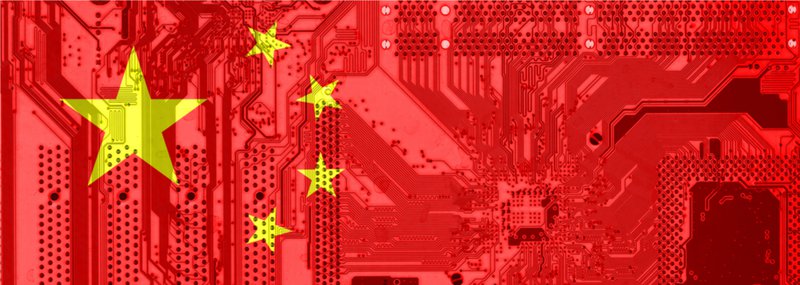
[Chinese-language original: 《新一代人工智能治理原则——发展负责任的人工智能》]
TRANSLATIONGovernance Principles for a New Generation of Artificial Intelligence: Develop Responsible Artificial Intelligence
The global development of artificial intelligence (AI) has entered a new stage, presenting new features such as cross-domain integration, human-machine cooperation, and swarm integrated intelligence. It is profoundly changing the life of human society and changing the world. In order to promote the healthy development of a new generation of AI; better coordinate the relationship between development and governance, ensure that AI is safe/secure, reliable, and controllable; promote economically, socially, and ecologically sustainable development; and jointly build a community of common destiny for humanity; various parties related to AI development should adhere to the following principles:
I. Harmony and friendliness. AI development should begin from the objective of enhancing the common well-being of humanity; it should conform to human values, ethics, and morality, promote human-machine harmony, and serve the progress of human civilization; it should be based on the premise of safeguarding societal security and respecting human rights, avoid misuse, and prohibit abuse and malicious application.
II. Fairness and justice. AI development should promote fairness and justice, protect the rights and interests of stakeholders, and promote equality of opportunity. Through continuously raising the level of technology and improving management methods, eliminate bias and discrimination in the process of data acquisition, algorithm design, technology development, product R&D, and application.
III. Inclusivity and sharing. AI should: promote green development and meet the requirements of environmental friendliness and resource conservation; promote coordinated development, push forward the transformation and upgrading of all walks of life, and narrow regional disparities; promote inclusive development, strengthen AI education and popularization of science, improve the adaptability of disadvantaged groups, and strive to erase the digital divide; promote shared development, avoid data and platform monopolies, and encourage open and orderly competition.
IV. Respect privacy. AI development should respect and protect personal privacy and fully protect the individual’s right to know and right to choose. In personal information collection, storage, processing, use, and other aspects, boundaries should be set and standards should be established. Improve personal data authorization and revocation mechanisms to combat any theft, tampering, disclosure, or other illegal collection or use of personal information.
V. Secure/safe and controllable. AI systems should continuously improve transparency, explainability, reliability, and controllability, and gradually achieve auditability, supervisability, traceability, and trustworthiness.Pay close attention to the safety/security of AI systems, improve the robustness and tamper-resistance of AI, and form AI security assessment and management capabilities.
VI. Shared responsibility. AI developers, users, and other interested parties should possess a strong sense of social responsibility and self-discipline, and strictly abide by laws, regulations, ethics, morals, standards, and norms. Establish an AI accountability mechanism to clarify the responsibilities of developers, users, beneficiaries, etc. The AI application process should ensure the human right to know and give notice of possible risks and impacts. Prevent the use of AI for illegal activities.
VII. Open collaboration. Encourage exchanges and cooperation across disciplines, domains, regions, and borders; promote coordination and interaction between international organizations, government departments, research institutions, educational institutions, enterprises, social organizations, and the public for the development and governance of AI. Launch international dialogue and cooperation; with full respect for each country’s principles and practices for AI governance, promote the formation of a broad consensus on an international AI governance framework, standards, and norms.
VIII. Agile governance. Respect the natural laws of AI development; while promoting the innovative and orderly development of AI, search for and resolve risks that might arise. Continuously upgrade intelligent technological methods, optimize management mechanisms, perfect governance systems, and promote governance principles throughout the entire life cycle of AI products and services. Continue to research and anticipate potential future risks from increasingly advanced AI, and ensure that AI always moves in a direction that is beneficial to society.
National New Generation Artificial Intelligence Governance Expert CommitteeJune 17, 2019
